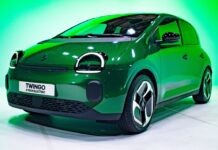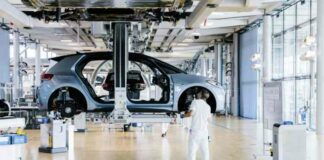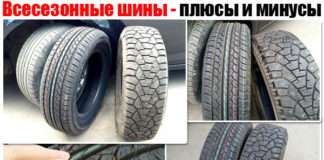Toyota is pushing the boundaries of electric vehicle (EV) technology with plans to introduce solid-state batteries (SSBs) by 2027–2028. These batteries promise a shelf life of up to 40 years —four times longer than most current EV batteries.
Зміст
What Are Solid-State Batteries?
Solid-state batteries are a breakthrough in EV technology. Unlike traditional lithium-ion batteries, which use liquid electrolytes, SSBs use solid materials. This change offers several advantages:
– Longer range : A single charge could power an EV for over 1,000km.
– Smaller size : The batteries would be lighter and less bulky than current models.
– Lower costs : Toyota believes SSBs could eventually match the price of lithium-ion batteries.
Why Does This Matter?
EV batteries are expensive, heavy, and have limited lifespans. Toyota’s SSBs could solve these issues.
Extended Lifespan
Toyota claims its solid-state batteries could retain 90% of their capacity for 40 years —longer than the typical lifespan of the vehicle itself. This means:
– Battery reuse : Old batteries could be repurposed in other cars or devices.
– Reduced costs : Fewer replacements would be needed over the car’s life.
Environmental Impact
Toyota estimates that SSBs would reduce the carbon footprint of EV production by 25%. This is because fewer batteries would need to be made over time.
Challenges Remain
While the potential is huge, SSBs aren’t without hurdles.
Cost
Toyota acknowledges that initial prices will be high. The company is working with suppliers to reduce costs through volume production and material improvements.
Timeline
The first SSBs are likely to appear in luxury Lexus and Century models before trickling down to affordable vehicles like the Toyota Corolla.
The Road Ahead
Toyota’s move positions it as a leader in EV innovation. By tackling battery lifespan, size, and cost, the company could reshape the future of electric mobility.
“Solid-state batteries could redefine what’s possible in electric vehicles—not just for performance, but for sustainability and longevity too,” said Keiji Kaita, head of Toyota’s Carbon Neutral Advanced Engineering Development Centre.
As EV adoption grows, Toyota’s 40-year battery vision could be the game-changer the industry has been waiting for























